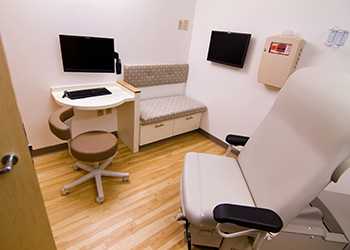
The percentage of cases performed in ASCs increased from 43% to 73% between 2001 and 2014.
Cataract cases are moving from hospitals to ambulatory surgical centers at a significant clip thanks to overall convenience, lower out-of-pocket expense for patients and decreased costs for insurers. There are concerns, however, that the continuing shift might give affluent suburbanites disproportionate access to the convenient, cost-saving care ASCs provide.
Researchers at the University of Michigan Kellogg Eye Center in Ann Arbor who reviewed the records of 370,000 cataract surgery patients who underwent cataract surgery between 2001 and 2014 found that the percentage of cases performed in ASCs increased from 43% to 73% over that period. They published the findings in the journal JAMA Ophthalmology.
Reasons for the significant jump aren’t necessarily surprising. Patients want to undergo surgery in an efficient and economic setting, and insurers prefer to pay for cost-saving care. The researchers note that in 2014, patients paid an average of $190 for cataract surgery in an ASC, compared with $350 at a hospital. They also say cataract surgeries performed in ASCs instead of hospitals saved Medicare $829 million in 2011.
The make-up of the patients who contributed to the significant migration of cases from HOPDs to ASCs might be less obvious. Patients who earned more than $100,000 a year were 20% more likely than patients who made less than $40,000 to undergo surgery in an ASC. In addition, patients in states without certificate of need laws, which restrict the number of licensed ASCs, were twice as likely to have their procedures performed in surgery centers.
In many communities, say the researchers, nearly every cataract surgery takes place in an ASC. They also note that wealthier people are more likely to live in communities with more ASCs, which may have the indirect impact of preventing less affluent patients from undergoing the procedures in a preferred and more affordable care setting.
“The increased use of ambulatory surgery centers raises questions about access and the effect on surgical outcomes and patient satisfaction,” says Brian Stagg, MD, the study’s lead author and clinical scholar at the University of Michigan Institute for Healthcare Policy and Innovation.


